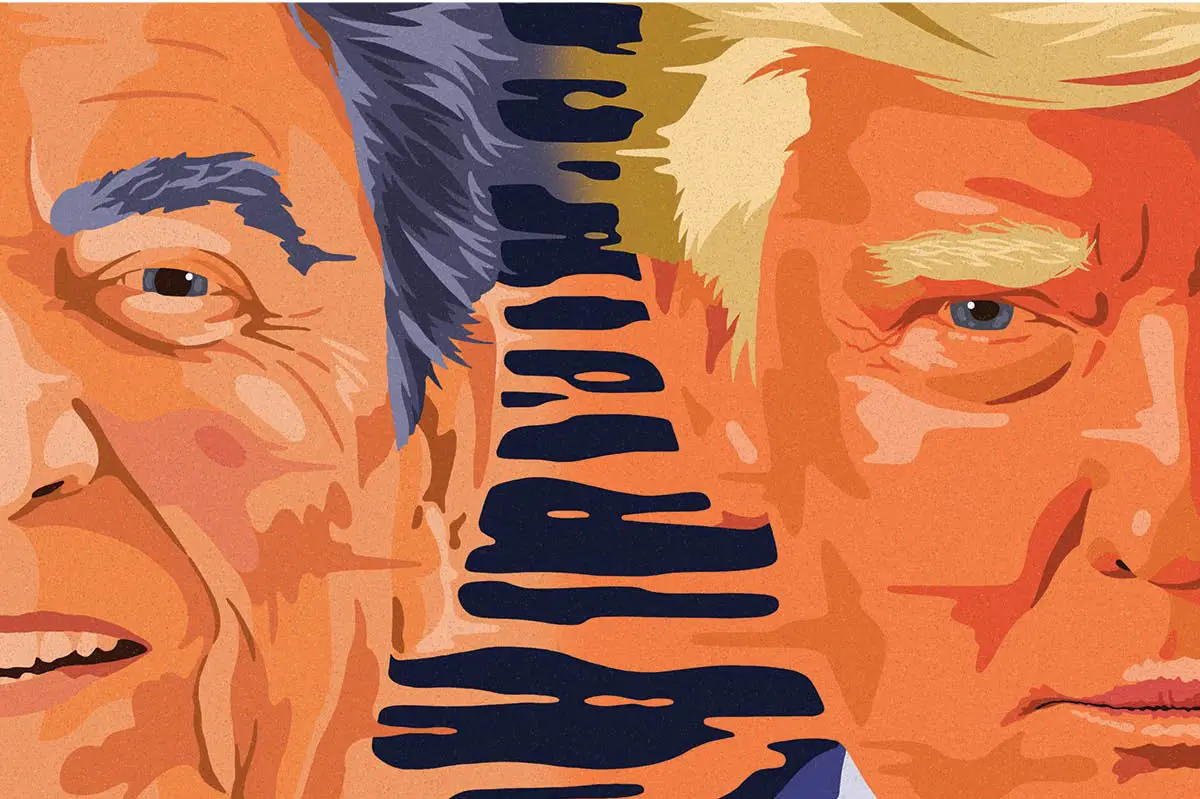I have a book of essays from 1986 by a group of British and American scholars called The Special Relationship. The editor, Professor Roger Louis, was advised to give it another title. The director of Chatham House, the late David Watt no less, called it ‘rhetorical nonsense’. Yet, as Louis noted:
‘The “Special Relationship” would not go away. Indeed it haunted the discussions. Eventually it was referred to as the ghost, ever present yet elusive, derided by some but acknowledged by all.’
Thirty-four years later the ghost is still floating around. Ian Buruma’s new book is the latest attempt to exorcise it. I suspect that it will be no more successful than previous efforts. Though delivered with a certain caustic panache, the book is doomed to rake over well-trodden ground. One wonders why Buruma bothers. It is, of course, a blast from the ramparts of those in the American academy who find Brexit incomprehensible.
The Buruma thesis goes something like this. The so-called Special Relationship between the United Kingdom and the United States was a rhetorical tool, mainly concocted by Churchill, but acquiesced in by Roosevelt, to underscore the strength of the two countries’ alliance as guardians of civilization at one of the darkest moments of the second world war. But from the start, realpolitik fell far short of rhetoric. Britain and America had mortal enemies in common. But their national interests diverged. Roosevelt wanted to dismantle the British Empire and pressed Churchill to give India independence. He demurred. Roosevelt went on to prefer Stalin to Churchill as a brother-in-arms.
After the war, so Buruma argues, with Churchill out of office and Roosevelt dead, the notion of a Special Relationship between equals should have been allowed to wither before Britain’s decline and America’s ascent to global dominance. But an addiction to dining at the top table of global powers led us Brits to cling to the concept like a child to nanny’s skirts. In our folly we saw Europe as second best. To this day we flaunt Churchill in speeches and busts, a meretricious symbol of a Special Relationship which is not special at all.
There is the largely familiar excursion into prime ministerial/presidential couplings from Attlee and Truman to Johnson and Trump. It is less a tale of rise and fall than of peaks and troughs depending on the issues and relationships of the hour. There are some good stories and keen insights. I particularly appreciated his Blair, where he suggests that the Third Way was just another iteration of a venerable Anglo-American urge to set universal standards for the world. On the other hand he is far too eager (like the New York Times) to see Johnson and Trump as two peas from the same pod, when as politicians and human beings they could not be more different.
Buruma delights in describing the Americans as they really are — as if we did not know already. America First is, as it has always been, their unshakeable, unsentimental, cold-eyed credo. They pay lip service to the Special Relationship to keep us sweet — hardly a sentence is uttered by the American ambassador to London without it — while, as under Obama, they sneer at us in private for our pretensions. The price we have paid, concludes Buruma, is our submission to American interests when our true vocation should lie in the nirvana that is the European Union.
This is no blinding revelation. The Special Relationship was rumbled long before Buruma. The great historian Sir Michael Howard told us years ago that once prime minister Harold Macmillan had agreed to buy Polaris missiles from President Kennedy, ‘Britain’s role was now that of loyal and subordinate ally, or it was nothing.’
[special_offer]
If the truth be told, I have never been that keen on the Special Relationship myself. I banned its use in the embassy. It makes us look terribly needy. I could have crawled under the table when Colin Powell, George W. Bush’s secretary of state, once told me that ‘you Brits go ape-shit’ when Americans forget to mention the Special Relationship.
‘So what?’ I hear you cry. And you would be right. After emerging from two world wars victorious but bankrupt, Britain’s choice of America as principal ally was perfectly logical in the context of the time. Nor was it just President de Gaulle who stood between us and Europe. As a well disposed Italian official in the European Commission once told me in the 1970s: ‘You will never be forgiven for not being invaded, occupied or defeated by the Nazis.’ Buruma mocks Margaret Thatcher for fearing a German plan to take over Europe. But I heard Chancellor Kohl tell a German audience in 1997 that adopting the euro was the price Germany had to pay for dominating the Continent. The quotient of delusion in ‘Ever Closer Union’ is no less than it is in the ‘Special Relationship’.
Churchill survives in the US pantheon of heroes not because of some wispy idea of a Special Relationship but because American culture respects leadership. President George W. Bush organized Churchill lectures in the White House. Nelson was similarly revered. I had to rescue the annual dinner celebrating the Battle of Trafalgar from the US Marine Corps though it had played no role in the famous victory. That’s what I call special.
This article was originally published in The Spectator’s UK magazine. Subscribe to the US edition here.

























